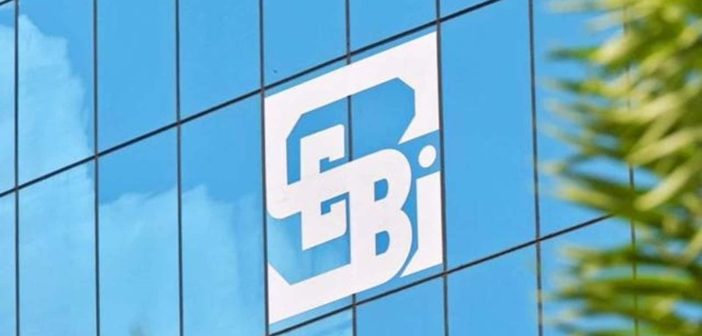With the possibility of handling up to 1,000 initial public offerings (IPOs) in the next two years, the Securities and Exchange Board of India (SEBI) is adopting artificial intelligence (AI) to make the process of reviewing IPO documents faster and more efficient, SEBI Chairperson Madhabi Puri Buch said on Tuesday.
Speaking at the Association of Investment Bankers of India’s (AIBI) annual convention, Buch announced that SEBI is working on a standardized IPO template to simplify the filing process for companies and their merchant bankers.
The new template will follow a “fill-in-the-blanks” format. Any information that does not fit the standard format will be flagged separately for closer review, she explained. This system aims to divide IPO documents into two parts: standard information and exceptional details.
By focusing attention on sections that deviate from the template, SEBI hopes to make it easier for its officers to identify and address irregularities. The initiative is expected to save time for both companies and regulators. “With the possibility of handling up to 1,000 IPOs in the next two years, this step will significantly reduce the workload for everyone involved,” Buch noted.
The AI tools will assist in three key areas: document review, online search, and content check. SEBI’s exception reporting mechanism will further improve efficiency. By separating standard and non-standard sections, officers can prioritize their scrutiny where it is most needed, streamlining the review process.
“This approach will not only save time but also enhance the overall efficiency of IPO document preparation and review,” Buch added.
Mahavir Lunawat, Chairman of AIBI, remarked that the initiatives launched at this year’s convention mark a significant step toward building a robust and future-ready merchant banking ecosystem. “New initiatives aim to address critical gaps, such as the growing need for skilled professionals and the need for standardizing practices. These efforts underscore AIBI’s commitment to fostering innovation, transparency, and cross-border collaboration to support the nation’s ambitious economic growth agenda,” Lunawat added.




